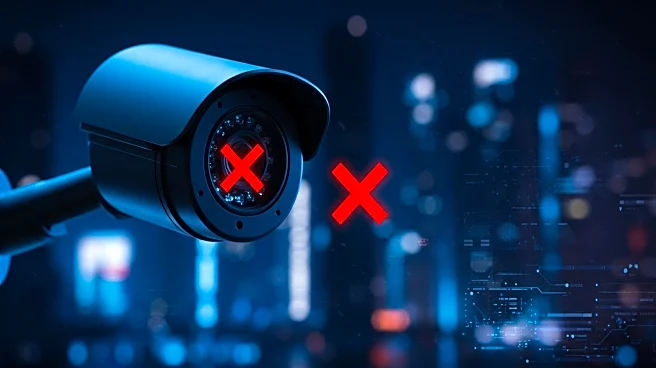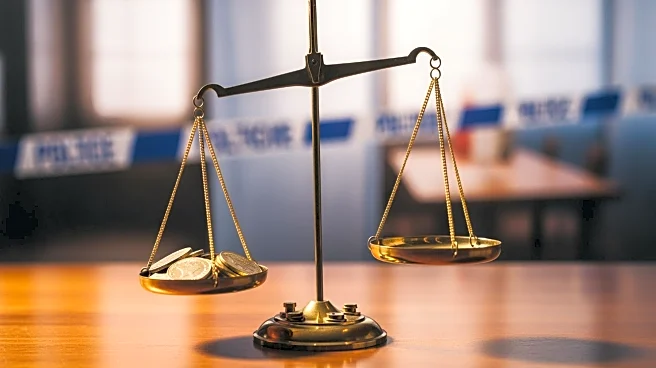What is the story about?
What's Happening?
The Metropolitan Police's assertion that their use of live facial recognition (LFR) technology is free from bias has been contested by Professor Pete Fussey, a leading expert in the field. The Met plans to deploy LFR at the Notting Hill Carnival, despite concerns from the Equality and Human Rights Commission about its legality. Fussey, who has conducted independent reviews of LFR, argues that the Met's claims are not supported by the data from a study by the National Physical Laboratory. The study indicated bias at certain sensitivity settings, particularly affecting ethnic minorities. The Met, however, maintains that their current settings eliminate bias, a claim Fussey disputes due to insufficient sample size.
Why It's Important?
The use of facial recognition technology by law enforcement raises significant ethical and legal questions, particularly concerning privacy and potential racial bias. The Met's deployment of LFR at a major public event like the Notting Hill Carnival highlights the tension between public safety and civil liberties. If the technology is indeed biased, it could lead to wrongful identifications and exacerbate existing societal inequalities. This situation underscores the need for rigorous testing and transparent accountability measures in the use of such technologies by public authorities.
What's Next?
The ongoing debate over the use of LFR by the Metropolitan Police is likely to continue, with potential legal challenges and public scrutiny. Stakeholders, including civil rights organizations and technology experts, may push for more stringent regulations and oversight. The outcome of the Notting Hill Carnival deployment could influence future policy decisions regarding the use of facial recognition technology in public spaces.














